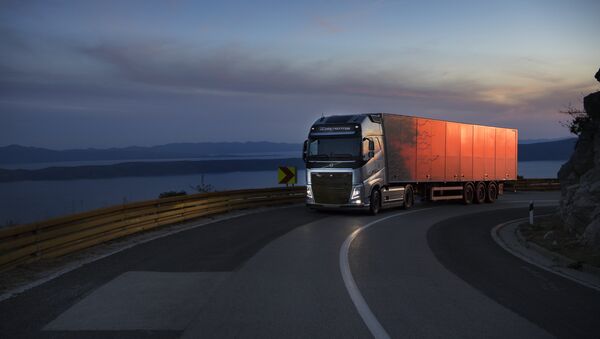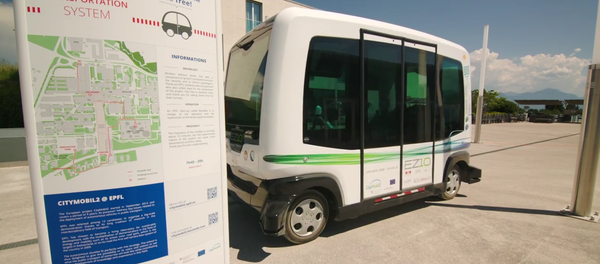The idea of self-driving cars is catching on across the globe and is being implemented in many countries, such as Switzerland and Finland, among others. What singles out Volvo's project from its peers, mostly involving mini-cars, is its idea of involving larger vehicles with an increased capacity and dimensions. Volvo's future technology dubbed HCT (which stands for High Capacity Transport) will involve vehicles up to 32 meters long and 80 tons heavy, which are expected to become completely driverless, Swedish national broadcaster SVT reported.
Although the vehicles will be assigned a driver to begin with, in the even that something should go wrong the ambition is to make the vehicles fend for themselves using GPS and sensors. After a three-year test period, the technology is expected to be introduced commercially.
Driverless vehicles are being touted as the next big thing, citing fuel economy, lower greenhouse emissions and road safety as the major selling points. With a rational and unworried computer behind the wheel, Sweden is hoping to further reduce the number of road accidents, despite already being the world leader in traffic safety.
The world´s first self-driving truck in an underground mine. Watch the video. #automation https://t.co/Xn8mqzoKPo pic.twitter.com/YMRkjR8PIL
— Volvo Group (@VolvoGroup) 28 декабря 2016 г.
Sweden is renowned for its strict traffic rules and, as a consequence, the safety of its roads. Although the number of cars in use in the Nordic country has risen manifold since the 1970s, the number of road deaths has fallen by four-fifths over the same period. Following the introduction of the Vision Zero approach in 1997, seeking to eliminate road fatalities and injuries altogether, Sweden's roads became by far the world's safest, with only three of every 100,000 Swedes dying on the roads each year, compared with 5.5 per 100,000 across the European Union, and 11.4 in the US.
Never miss a story again — sign up to our Telegram channel and we'll keep you up to speed!




